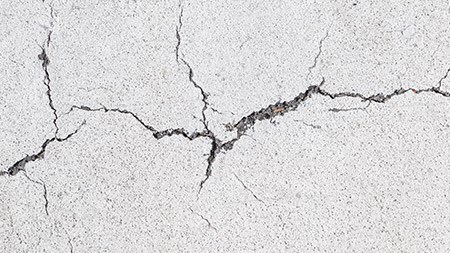Well done! You’ve found your dream home, but do you really know its history? Here’s how to find out the real truth behind those gorgeous tiles.
Why is your home’s history important
Your estate agent found you this incredible listing. You viewed it, you loved it, you put down your offer price. It was accepted, and your dream home soon became yours, beautiful bathrooms and all. But, now that you’ve moved in, you’re starting to notice things you didn’t quite see during your viewing sessions. That paint job in the second bedroom seems to have been a quick and dirty cover-up job. The kitchen taps splutter on occasion. And, is that mould in the back of the bedroom cupboards? Before you bite down on a slice of buyer’s remorse, find out your home’s history.
Where to find out
Of course, if you’d like to know more about the previous owner’s living experience, you’re entitled to ask. In fact, it’s your right to learn everything you possibly can about your new home, and the current owner must let you know about any faults or important information.
Inspections can tell stories
Conducting a pre-sale inspection is imperative, but you can’t rely only on your own two eyes to ensure everything is in order. Ask your estate agent to arrange for accredited expert to go through your dream home, before you sign on the dotted line. Expert eyeballs and tools will detect faults you might miss, and possibly be equipped to tell you a little more about the history of your home. They’ll pick up on cover-up paint jobs, quick-and-dirty plumbing fixes, and all sorts of other circumstances.
Records and recourse
Your municipal valuation roll could also provide you with a few clues to your home’s history, but beyond ownership and rates details, you may not find much more. You may also request information from your local branch of the Deeds Office, or check out their online portal for more information. Don’t be shy to conduct online searches for the address of your new home, to discover more information about your property. Very often, public records can reveal a whole bunch of information about your home. Did you know that a previous owner ran a business from the property? That’s why there’s a strange dividing wall between the lounge and dining room. It was not always a dining room!
Read and re-inspect
Previous building inspectors, electricians, and other certified service providers, may have left a trail of information for you around your new home. If there’s been some electrical work done, there may be a sticker near your distribution board, that includes the electrician’s contact details. Similarly, pest control companies often leave a certificate or similar documentation when they’ve conducted an inspection or specialised cleaning. Don’t be shy to follow up with them about their inspections, and get full details on what they found in your roof. If appropriate, hire the same service providers to conduct follow-up inspections and cleaning, because they’ll know a niche part of your home’s history.
Know thy neighbourhood
You’re moving in and ready to settle. The next most important source of information about your new home will be your neighbours. Go on over and introduce yourself, or join in on community drives and initiatives. Your neighbours will quickly be able to tell you what they’d seen or heard about your new home, so don’t hold back with asking the right kind of questions.
Read more: Questions to ask when buying a house



